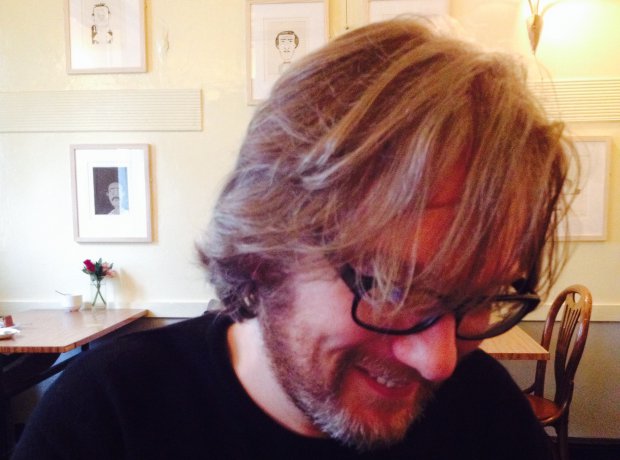"The advent of online resources has of course had a great effect on how we research, but it’s possibly changed even more how we browse..."
There are three ways to find new experiences: luck, research and browsing. Although its tools have changed, research remains much the same as it always was: methodical, disciplined.
Browsing, on the other hand, was once severely restricted: whatever records your local library happened to stock were largely the extent of your opportunity to stumble across something new. Once you’d found that copy of Telemusik or Bitches Brew and wanted to explore further, research kicked in: looking up the names and titles you saw mentioned on the record sleeve, inching your way slowly along a path.
The advent of online resources has of course had a great effect on how we research, but it’s possibly changed even more how we browse: it’s now possible to be a kind of online flâneur, strolling from place to place, taking that turn down a small alley just to see where it goes. Maybe you’ll return to the main drag, or maybe you’ll find yourself lost in a maze of back streets, who knows? Maybe you’ll sit in front of a half-hidden, half-forgotten work of art for hours, or just allow vague impressions of the environment to flow over you until something takes you by surprise and holds your attention, or sits at the back of your mind nagging at you.
There are all kinds of ways we can navigate this world. Sometimes I like to look up a familiar name, like my old friend Jo Thomas, or search tags like drone, experimental, field recording, all things I'm interested in my own work. Perhaps I shall find someone interesting immediately or perhaps following a line randomly will bring to light something on a complete tangent, like Anna Dolphin’s work I found by randomly clicking on New Voices 2015.
Other times I might be looking for something specific, like some new music for cello that I might play. Sometimes it's a random innocuous detail that catches my eye, like the final line of Christopher Mayo's To Carve in Wild Cherry. It's not justified as nearly all scores are. Why should this be? It must be deliberate - justification of line is the default of all notation programs after all. Doe it suggest a line interpret and cut off, or something else? My imagination is snared. I need to download the score and study it, play it, imagine all the possible answers to the question and find the one that satisfies me to study as a composer, hear as a listener and convey as a performer.
Whether or not you put full or partial scores and/or recordings online is of course up to you. I think it’s a mistake not to; it’s hearing, or at least seeing, the actual music that makes me want to explore it further. Tagging needs a lot more thought than some composers appear to be giving it, too. Who's looking for your music and why? Who isn't yet looking for your music and how can you help them to stumble upon it? How can you persuade them to stay a while?
The six composers in this playlist made me do just that, and want to explore their work further.
-
Peter Nagle is a composer and cellist based in London. His music combines elements of improvisation, experimentalism, alternative tunings, drones, loops and electronics.
Tags

